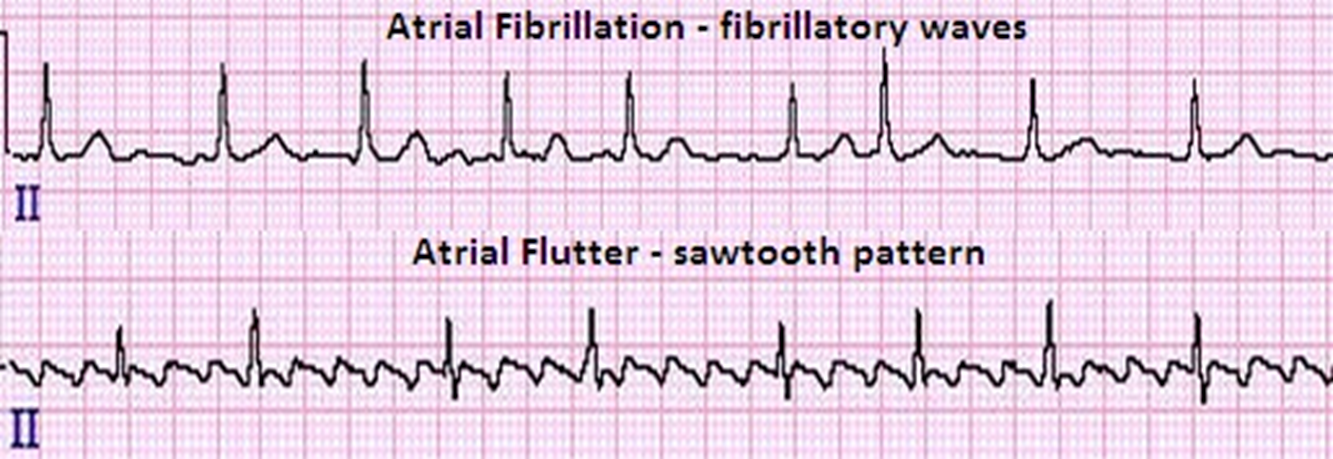A 20-year-old female is being admitted to the hospital with fever and septic shock. Which set of assessment findings would the nurse expect the patient to exhibit?
Bradycardia, palpitations, confusion, truncal rash.
Severe respiratory distress, jugular venous distention, chest pain.
Low blood pressure and tachycardia.
Reduced cardiac output, increased systemic vascular resistance, moist cough.
The Correct Answer is C
Choice A rationale
Bradycardia, palpitations, confusion, and truncal rash are not typically associated with septic shock. Septic shock is a severe infection that occurs when bacteria enter the bloodstream. It can cause organs to fail and can lead to death.
Choice B rationale
Severe respiratory distress, jugular venous distention, and chest pain are more commonly associated with conditions like heart failure or pulmonary embolism, not septic shock.
Choice C rationale
Low blood pressure and tachycardia are common symptoms of septic shock. This happens because the body’s response to the infection causes blood vessels to dilate, which can lower blood pressure. The heart rate often increases (tachycardia) in an attempt to maintain blood flow to the organs.
Choice D rationale
Reduced cardiac output, increased systemic vascular resistance, and a moist cough are not typical symptoms of septic shock. These symptoms are more commonly associated with conditions like heart failure.
Nursing Test Bank
Naxlex Comprehensive Predictor Exams
Related Questions
Correct Answer is B
Explanation
Choice A rationale: Adenosine Adenosine is a naturally occurring substance that relaxes and dilates blood vessels. It also affects the electrical activity of the heart. Adenosine is used to help restore normal heartbeats in people with certain heart rhythm disorders. However, it is not typically used for atrial fibrillation.
Choice B rationale: Diltiazem Diltiazem belongs to a class of medications called calcium-channel blockers. It works by relaxing the blood vessels so the heart does not have to pump as hard. Diltiazem also increases the supply of blood and oxygen to the heart. It is used in adults alone or in combination with other medications to treat hypertension (high blood pressure) or symptoms of angina (chest pain). Diltiazem injection is used in adults to treat certain heart rhythm disorders such as atrial fibrillation.
Choice C rationale: Atropine Atropine is a tropane alkaloid and anticholinergic medication used to treat certain types of nerve agent and pesticide poisonings as well as some types of slow heart rate, and to decrease saliva production during surgery. However, it is not typically used for atrial fibrillation.
Choice D rationale: Captopril Captopril is used in adults alone or in combination with other medications to treat high blood pressure (hypertension) and congestive heart failure.
Captopril is also used to improve survival and reduce the risk of heart failure after a heart attack in patients with a heart condition called left ventricular hypertrophy (enlargement of the walls of the left side of the heart)4. However, it is not typically used for atrial fibrillation.

Correct Answer is A
Explanation
Choice A rationale
Smoking cigarettes can exacerbate the symptoms of Raynaud’s disease by causing further constriction of the blood vessels. Therefore, a patient who continues to smoke cigarettes may need further education about the management of Raynaud’s disease.
Choice B rationale
Eating bananas twice a day is not typically a concern for patients with Raynaud’s disease.
Choice C rationale
Wearing mittens outside, especially in cold weather, is a recommended strategy for managing Raynaud’s disease. It can help to prevent episodes of Raynaud’s by keeping the hands warm and reducing exposure to cold temperatures.
Choice D rationale
Taking calcium channel blockers is a common treatment for Raynaud’s disease. These medications help to relax and open up the small blood vessels in the hands and feet, reducing the severity and frequency of Raynaud’s episodes.
Whether you are a student looking to ace your exams or a practicing nurse seeking to enhance your expertise , our nursing education contents will empower you with the confidence and competence to make a difference in the lives of patients and become a respected leader in the healthcare field.
Visit Naxlex, invest in your future and unlock endless possibilities with our unparalleled nursing education contents today
Report Wrong Answer on the Current Question
Do you disagree with the answer? If yes, what is your expected answer? Explain.
Kindly be descriptive with the issue you are facing.
